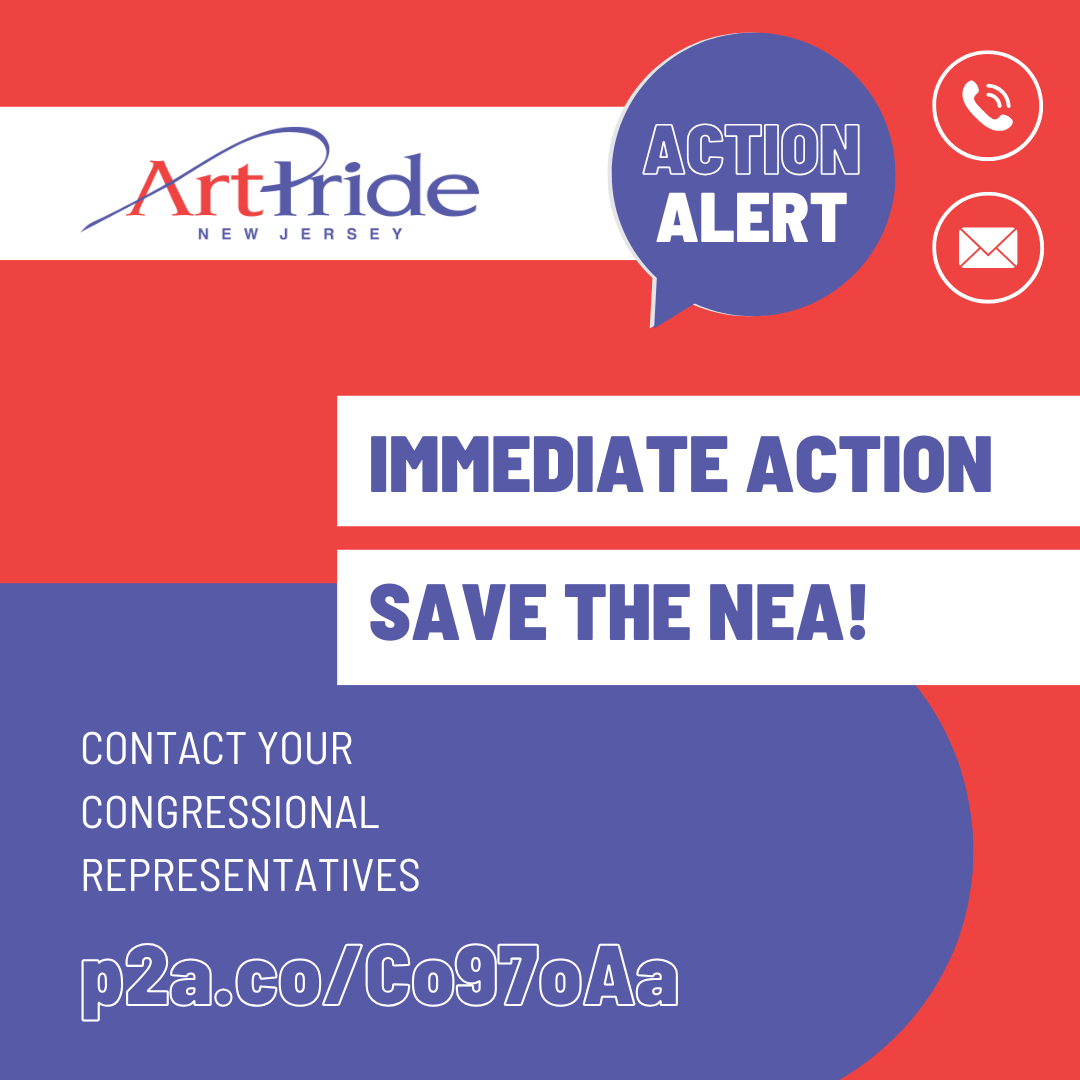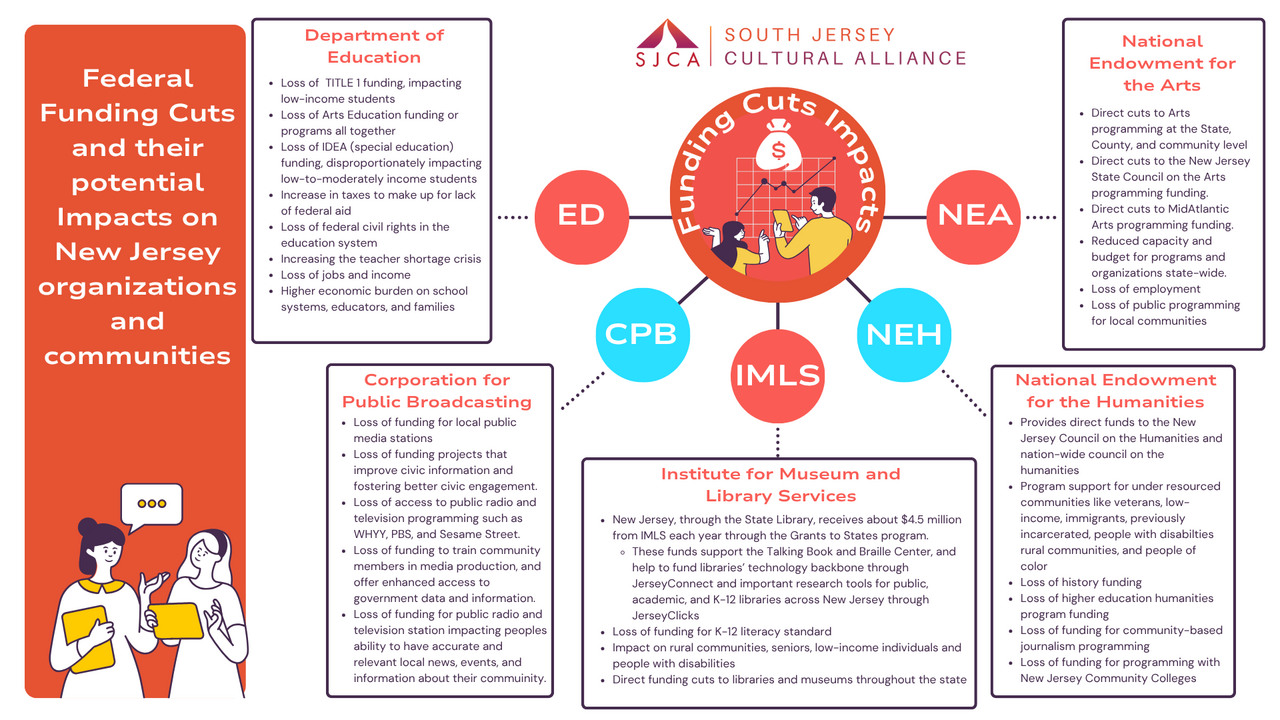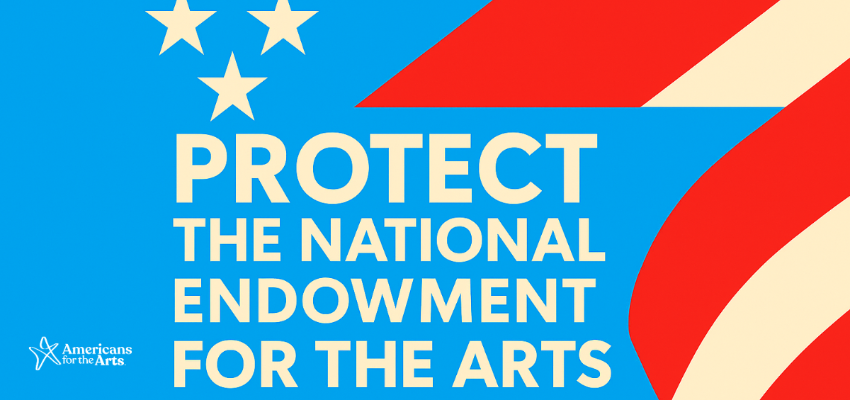The nonprofit world and the arts world have been upended in recent months as the new administration’s policy changes have begun to take effect. A number of executive orders have been enacted since the beginning of the new term in January, so many that it can be difficult to track. The Americans for the Arts Action Fund has done a great job of breaking down the timeline and cataloging these orders.
Budget cuts to the National Endowment for the Arts, National Endowment for the Humanities, and the Institute of Museum and Library Services have dominated news cycles. The general sentiment is clear: these budget cuts and corresponding policy changes will have drastic effects over time.
Cuts to the aforementioned organizations will result in the reduction or possible elimination of programs for small and medium organizations, high poverty areas, and underserved populations, a reduction in research and education, as well as the reduction or possible elimination of literacy development, reading programs, and more.
Nonprofit arts organizations face immediate challenges
Challenges facing New Jersey arts organizations will include funding instability due to fluctuating budgets, and declining staff morale and mental health, as job stability waivers and employees worry whether the aforementioned instabilities will cost them their positions. The understanding of existing legal rights and new fears and concerns for targeted communities will affect the ways in which organizations are able to effectively communicate with their constituents.
Future challenges are more foreboding. Organizations are now forced to consider the economic impact of a potential recession, the frequent visitations and interruptions by DOGE and ICE, the elimination of key programs, operations, and staff, along with the erosion of trust within the community, the dismantling of longstanding DEI initiatives, and the possible censorship of artistic expression. All of which act as roadblocks to progress. Not only will they inhibit progress, but these interruptions to both finances and staffing pose the threat of regression. How is an organization expected to pursue its mission with its hands effectively tied behind its back?
 These concerns graze the surface of a much larger battle.
These concerns graze the surface of a much larger battle.
ArtPride New Jersey spoke with leaders in the nonprofit arts and culture sector to discuss these ongoing changes in federal policy and their impacts on their operations, programs, funding, communities, and other areas.
Below you will hear directly from Julie Hain, the Executive Director of the South Jersey Cultural Alliance; Nora Deveau-Rosen, the Managing Director of Two River Theater; Sara Scully, Owner of ScullyOne Productions; Andy Chiang, the Executive Director of Nai-Ni Chen Dance Company; and Asiyah Kurtz, Executive Director of Camden FireWorks.
Executive Director, South Jersey Cultural Alliance, Julie Hain:
-
While SJCA doesn’t rely directly on federal grants for our day-to-day operations, the impact of these cuts is hitting us hard through our member organizations and regional partners. Many rely on support from agencies like the NEA, NEH, and IMLS to deliver core programs.
In South Jersey, where we already face fewer philanthropic and public resources compared to the northern part of the state, losing federal funding isn’t just a setback. It’s a blow to the system. Some organizations that have been affected by cuts are canceling programs, laying off staff, and scaling back or delaying vital community work.
Because SJCA exists to connect, empower, and advocate for this region, their loss becomes our loss. These aren’t isolated disruptions. They ripple out into the whole cultural ecosystem.
Even with the steady support we receive from the New Jersey State Council on the Arts, which we are incredibly grateful for, South Jersey can’t be fully protected from the ripple effects of these cuts. They are weakening the creative workforce, cutting into cultural tourism, and threatening programs that build pride and keep communities engaged and healthy.
Looking ahead, we’re preparing for greater demand. As our members are forced to pull back, SJCA will be expected to step up, to fill gaps, offer resources, and advocate more forcefully. We are ready to do that. But let’s be honest, these cuts threaten the infrastructure we’ve all worked hard to build. If they continue, it’s not just programs at risk. It’s the long-term cultural and economic vitality of South Jersey that's on the chopping block.
Managing Director, Two River Theater, Nora Deveau-Rosen:
- We have not yet received funding cancellations from the National Endowment for the Arts. However, we are in the latest funding cycle, and our understanding is that cohort funding is still pending. If we were to lose funding from the National Endowment for the Arts, we would not be able to deliver an access program that allows us to deliver our work into hospitals for auto-immune compromised patients, who are unable to attend live theater.
Moreover, we do not have a full understanding of the trickle-down effects of funding cuts from the federal government to state agencies. There are a number of organizing collectives, which Two River is a member of, that are analyzing this question. Depending on the findings, our operations could be greatly impacted, as much of our general operating funds, year over year, are supported by multiple state granting agencies.

Executive Director, South Jersey Cultural Alliance, Julie Hain:
-
South Jersey’s cultural identity is shaped by its diversity. Racial, generational, economic, and geographic. Many of our arts and history organizations were founded by immigrant communities, serve LGBTQ+ audiences, and are rooted in inclusive, community-based storytelling. That work hasn’t changed. Our missions remain our missions, and the communities we serve continue to matter.
At SJCA, we follow our mission, vision, and values as our guideposts, and we encourage our members to do the same. In times like these, it’s more important than ever to stay rooted. We value the diversity within our organization and across South Jersey. It’s at the heart of who we are. We’re committed to lifting up the full range of arts and culture in our region and to standing with everyone who creates, preserves, and participates in our cultural communities. That commitment isn’t going anywhere.We’re hearing concerns from the field about potential political backlash, public pressure on inclusive programming, and the risk of challenges to nonprofit status. That fear can create hesitation in a sector that depends on boldness, trust, and visibility. But we cannot allow it to silence the work.
Our message is steady. Stay the course. Keep telling the stories that need telling. Keep showing up for your communities. Keep the conversations going. Representation, inclusion, and truth-telling are not trends. They are the foundation of who we are in South Jersey, and they are worth defending.
Managing Director, Two River Theater, Nora Deveau-Rosen:
- While new policies pose certain challenges, Two River Theater remains dedicated to its mission of inclusive storytelling and community engagement. We are actively working to strengthen our operations to ensure we are creating a safe and welcoming space for our audience members, students, artists, vendors, and staff.
Filmmaker, ScullyOne Productions, Sara Scully:
- The Federal government's demonstrated rejection of the values we as Americans have fought for - DEI, scientific inquiry, civil rights and Queer rights - has had a chilling effect on the entire country, including filmmaking. Many filmmakers have seen their Federal grants rescinded, even those working on topics unrelated to DEI. This approach is a bigoted and fearful attack on artists and cultural production in general. They can try to rob the world of the very beautiful things that make life worth it, the things that make life make sense, the opportunity to express our Queer selves. But they will not succeed. They will try to make us poor, but we are rich in love, in creativity. We are multitudes, and we aren't going anywhere.
Executive Director, Nai-Ni Chen Dance Company, Andy Chiang:
- [The policies targeting immigration] cause confusion and instability in our company, as the company is founded by a wonderful immigrant artist who is able to create a dance company where she would otherwise have been unlikely to in her own country. These policies will continue to create instability in the arts and nonprofit field, which will stifle the important work that all nonprofits are pursuing.
Executive Director, South Jersey Cultural Alliance, Julie Hain:
-
For many of our members, the constant changes in policy are creating serious instability. When guidelines shift, funding priorities change, or new restrictions come down, it puts small and community-based organizations in a vulnerable position. They often don’t have the staff or financial cushion to adapt quickly. Even a brief disruption can derail long-term plans.
It’s exhausting and unsustainable. Leaders are left spending more time reacting than building.We also recognize that South Jersey hasn’t always had a strong presence in the rooms where decisions get made. That lack of representation has meant policies and funding frameworks are often shaped without a full understanding of the unique challenges our region faces.
The good news is, we’ve made real progress. SJCA and our members are building stronger relationships across the state and finding ways to stay connected to larger policy conversations. We are showing up, and we are being heard more often.
Still, we know we can’t let up. This is a moment for vigilance and persistence. We must keep collecting data, sharing our stories, and lifting up the realities of our region. South Jersey’s challenges and our successes belong in the rooms where decisions are made. We are working every day to make sure they’re there.
Managing Director, Two River Theater, Nora Deveau-Rosen:
- Frequent policy shifts can create instability, making it difficult for organizations like ours to plan long-term initiatives, especially now as we are in the midst of a three-year strategic planning process. Policy shifts can also pose a potential risk of undermining our fundamental mission, restricting funding, limiting access, or imposing regulations that stifle creativity and diversity. But in this industry, we don’t have the time—or the luxury—to grieve, panic, or freeze. We must be bold, organize, and remind the American people that theater, the arts, culture, and storytelling — and our organizations whose purpose is to promote community, empathy, joy, and freedom of expression —are not optional.
Executive Director, Nai-Ni Chen Dance Company, Andy Chiang:
- For our dancers who are not citizens but have legal work status here in the US. They are concerned about their future status, and their worries impact our current work. Beyond that, not having the best and the brightest dancers around the world to come to audition will diminish the status of America being the source of innovative dance around the world.
Executive Director, South Jersey Cultural Alliance, Julie Hain:
-
SJCA has doubled down on our role as a connector, advocate, and amplifier for South Jersey. We’ve been bringing people together through regional convenings and virtual conversations. We’ve also launched tools like the South Jersey Cultural Asset Map and a mobile app that showcase the incredible arts, history, and culture across our counties. These tools help strengthen local engagement and grow heritage tourism.
At the same time, we’ve expanded our role in state-level advocacy. We are attending legislative events, joining advisory groups, and sharing regional data that clearly shows the scope and impact of South Jersey’s cultural sector.We’re also building strategic partnerships across sectors, disciplines, and county lines because no one should have to navigate this work in isolation. Together, we are pushing for funding structures and policy decisions that reflect the full picture of New Jersey’s creative communities, not just the most visible ones.
Our advice to other nonprofits is simple. Stay visible. Stay vocal. Share your data and your stories. Collaborate wherever you can. Don’t wait for a crisis to build relationships with funders, lawmakers, or your peers. The organizations that build trust in quiet times are the ones that can lead in moments of change.
Staying connected matters more than ever. Plug into SJCA at sjca.net, connect with ArtPride NJ at artpridenj.org, follow ArtsEdNow at artsednow.org, and keep informed through the NJ Center for Nonprofits at njnonprofits.org. These networks are here to support you.
The more we show up together, the stronger we all are.
Managing Director, Two River Theater, Nora Deveau-Rosen:
- At Two River Theater, we prioritize transparent communication with our audiences and advocates to ensure our mission remains supported. Flexibility and innovation have been key to staying resilient in uncertain times. It’s important to remember that we are a necessary pillar of democracy and that cultivating relationships with your community and policymakers are extremely important. You can’t rethink or rework your services and operations to appease a political moment in time. Right now, resilience and unwavering commitment to your mission are your greatest assets. Two River has and always will prioritize our essential duty to build empathy and community in order to nurture the collective human spirit.
Executive Director, Camden FireWorks, Asiyah Kurtz:
-
Camden FireWorks has lost four grants as a result of cuts to the National Endowment for the Arts. These cuts have all but eliminated programs that offer quilting instruction at no cost, a residency program for emerging Camden artists, an exchange program with Rio de Janeiro, Brazil, and free cultural concerts featuring artists from Morocco and beyond.
We have adapted by appealing to current funders for extended support, being honest about the implications for our small nonprofit. We have also incorporated into other programs (where we have continued private foundation and donor support) the important cultural aspects of programs that we've lost.I am reminded of the quote, "They tried to bury us, but didn't know we were seeds". As the only multidisciplinary art gallery in Camden, it is important that we stay focused on our mission to use art for social change. This means that we reflect, we shift, but also that we invest in joy and creativity so that our community knows we are still here WITH them.
The nonprofit world has been shaken, but those in the field are standing their ground. Adaptability is key as artists and advocates search for new means and manners in which to support their organizations. As President Harry S. Truman once said, “America was built on courage, on imagination and an unbeatable determination to do the job at hand.”
Determination in the arts is nothing new. Determination will allow these leaders to carry out their missions despite the barriers, new and old, in their way.
To stay informed, make sure to register for the mailing lists of your preferred organizations.
To keep abreast of fluctuating federal policies, register your email with ArtPride New Jersey's Action Alerts for personal updates.









